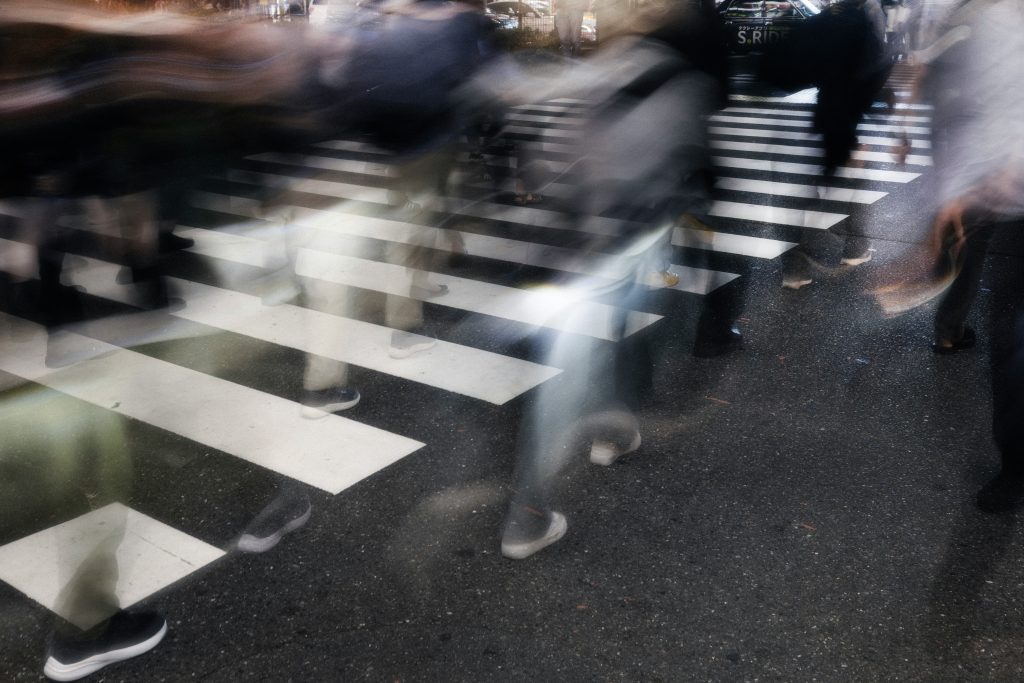A British resident receives a photograph of their child walking to school in London, sent from an anonymous account linked to a foreign intelligence service. A journalist finds their elderly parents abroad have been visited by security officials demanding their child cease reporting. A democracy activist discovers their neighbours have received letters warning them about associating with a “criminal.” Where do these victims turn for help in the UK?
The answer, according to Parliament’s Joint Committee on Human Rights, is nowhere.
The Committee’s report on “Transnational Repression in the UK” reveals a systematic failure in how Britain responds to state-sponsored harassment and intimidation on its soil. We gave evidence to the committee earlier this year, setting out our own experience representing victims. In short, the UK’s approach to protecting individuals from foreign state harassment is uncoordinated and lacklustre.
Currently, victims of transnational repression are advised to report incidents through standard policing channels – calling 999 or 101, or visiting their local police station. This approach, the Committee found, is “virtually useless” for dealing with sophisticated state-sponsored threats. The Home Office’s insistence that existing reporting methods are sufficient was contradicted by overwhelming evidence from practitioners and victims alike.
The scale of the problem is staggering. MI5’s state-threat investigations jumped by 48% in just one year, with the security services dealing with more than 20 threat-to-life cases relating to Iran alone since 2022. The Committee received credible evidence of transnational repression activities by China, Russia, Iran, Bahrain, Egypt, Eritrea, India, Pakistan, Rwanda, Saudi Arabia, Turkey, and the UAE on British soil.
Yet despite this escalating threat, victims face what witnesses described as a “postcode lottery” when seeking help. Caoilfhionn Gallagher KC told the Committee:
“The response that you may get if you report to the Met is fundamentally different from the response that you may get if you report in Nottingham.”
The Committee heard particularly disturbing evidence about police responses. Some victims were incorrectly referred to hate crime or diversity and equality officers, fundamentally misunderstanding the nature of state-level threats. Others were actually advised to “avoid political activity” or self-censor – effectively being told to comply with foreign states’ attempts to silence them. Local officers, through no fault of their own, simply lack the training and resources to recognise or respond to transnational repression.
The contrast with other national security threats is stark. As witness Laura Harth from Safeguard Defenders pointed out to the Committee:
“There is an outreach number and a reporting line for people who represent a business to go to if they feel that they have been approached by agents of a foreign state… We do not have that kind of mechanism or outreach available for targeted communities or people who become victims of transnational repression.”
The human cost of this failure is profound. Chloe Cheung, the Hong Kong activist with a HK$1 million bounty on her head, courageously gave evidence about living under constant threat in the UK. She described carrying self-protection devices, viewing every stranger with suspicion, and wondering whether new acquaintances might be working for Chinese authorities. Her account illustrated how transnational repression doesn’t just control people, it isolates them and prises apart communities.
The Committee’s investigation revealed that high levels of underreporting compound these problems. Victims don’t report incidents due to fear of retaliation against family members abroad, lack of trust in UK authorities, and limited awareness of what constitutes transnational repression. Many witnesses confirmed they had given up trying to report threats.
Commander Dominic Murphy of the Metropolitan Police Counter Terrorism Command acknowledged the challenges, telling the Committee they wanted communities to be “alert but not afraid.” However, witnesses argued that insufficient engagement leaves individuals highly vulnerable, unaware of risks, and without access to vital information about protection and support.
The Committee made a series of recommendations. Central to their proposals is establishing a dedicated national reporting hotline within 12 months, staffed by personnel specifically trained to identify and respond to transnational repression. This would provide a single point of contact for victims, eliminating the current confusion about where to report.
The Committee also demanded mandatory police training if voluntary uptake remains limited, with updates on participation rates every six months. They called for a proactive outreach strategy to at-risk communities, multi-language support including translated materials and interpreters, and formal data collection to inform policy development.
Additionally, the Committee recommended appointing a dedicated transnational repression lead within the newly announced State Threats Joint Unit, ensuring intelligence, law enforcement, and policy functions are properly coordinated.
These calls for reform acknowledge what practitioners have long known: standard policing channels cannot address state-level threats. When foreign intelligence services conduct operations on British soil, when communities are systematically monitored and intimidated, when journalists and activists face sophisticated harassment campaigns, the response must be equally sophisticated.
Until these changes are implemented, individuals facing genuine danger from hostile states will continue to fall through the cracks of a system never designed to protect them. The UK must decide whether it will genuinely safeguard those within its borders or allow authoritarian states to operate with impunity on British soil.
—
More information on the Committee’s Inquiry “Transnational Repression in the UK”, including oral evidence, written submissions, and correspondence, can be found here.
—
Image: Joshua Earle via Unsplash


